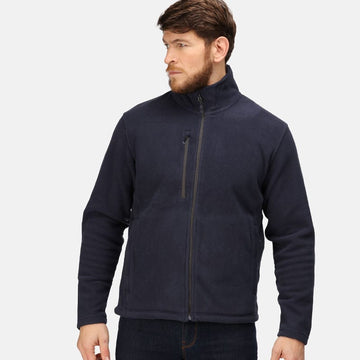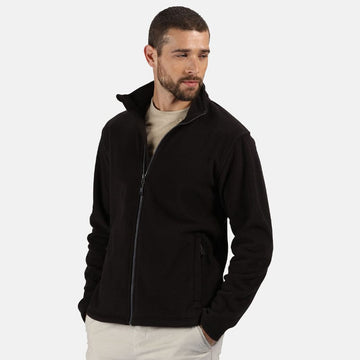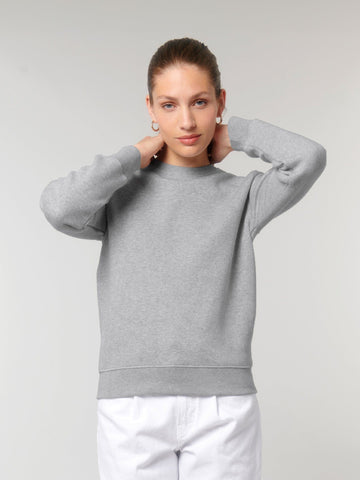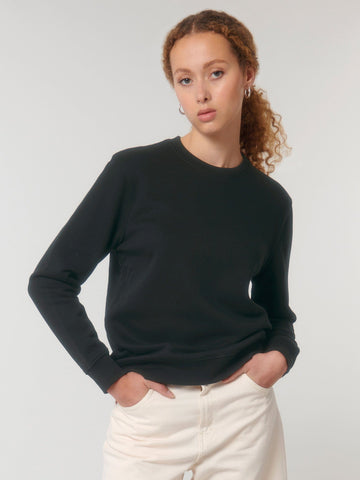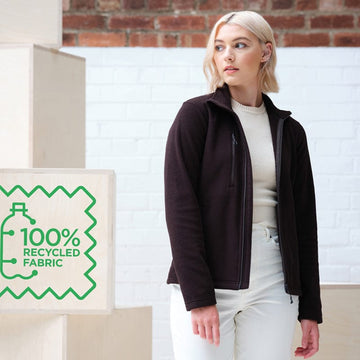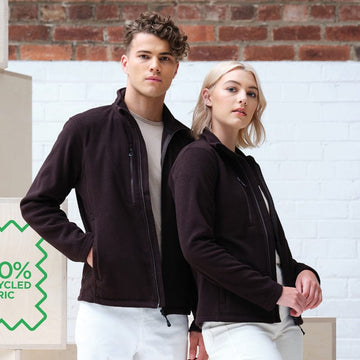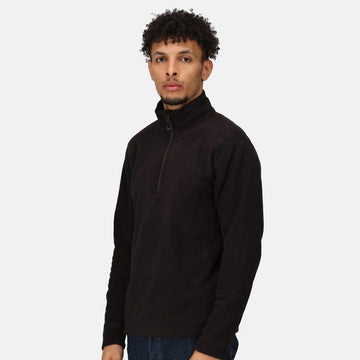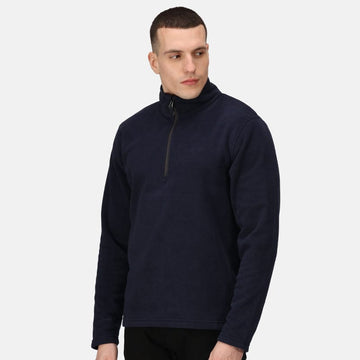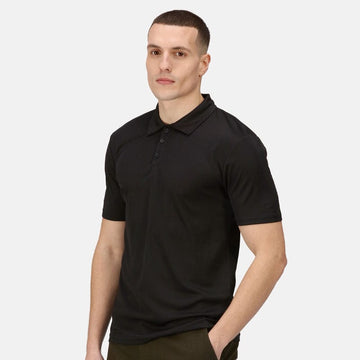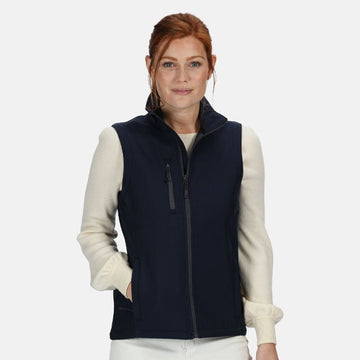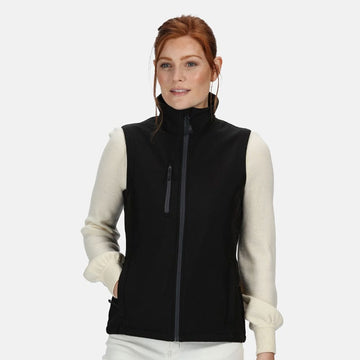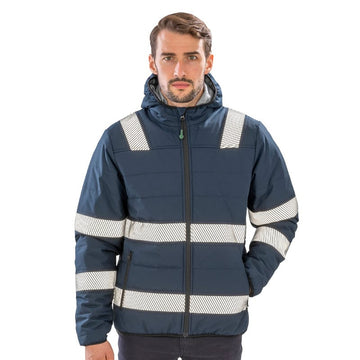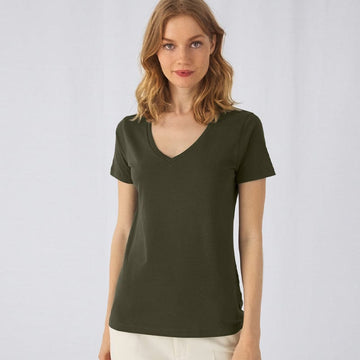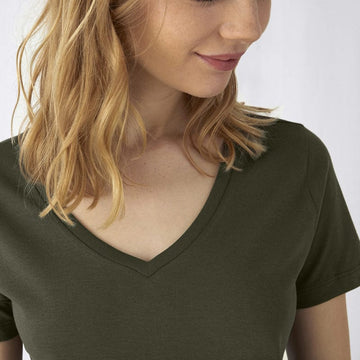Sustainable Fabrics: What You Should Know
Having introduced sustainable fabric clothing options to our workwear range in 2020, we have seen the demand for environmentally friendly clothing grow and with that, the retail and imprintable textile manufacturers are positively responding to this by increasing their ranges further.
There are however various methods in which clothing can be eco-friendly. Materials and processes can differ from manufacturer to manufacturer, and therefore can lead to confusion as to what specific terms and fabrics actually mean. We're here to help quickly break those down.
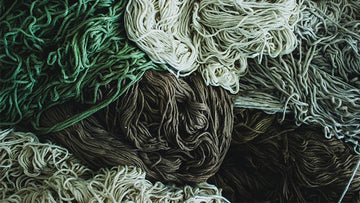
Regenerated / Reclaimed Cotton
A process you would have thought would have been adopted by all manufacturers from the very beginning: leftover fabrics generated by textile factories are collected, sorted by colours and then re-processed into new cotton yarn.
As a result, this saves a great amount of water, Co2 emissions and chemical usage due to yarn not needing to be re-dyed thanks to the colour separating process.
Whilst this is a more sustainable option compared to other pieces, this reclaimed cotton is often mixed with polyester to strengthen the fibres which can be weakened during the process.

Organic Cotton
Organic cotton involves a process that has been designed to remove the use of toxic chemical fertilisers and pesticides with the goal to improve the biodiversity of the soil. According to the Soil Association, 1kg of cotton takes as much as 10,000-20,000 litres of water to produce, whereas organic cotton version can save water consumption by 91% over the life cycle.
Shockingly, the mass variety is responsible for 16% of global insecticide and 7% pesticide use - more than any other crop available. Choosing organic therefore also benefits the farmers and locals as they can often grow more variety of crops, won't be exposed to such toxic chemicals and there is reduced pressure on water resources as the sustainable fibre is rain fed, not irrigated.
Recycled Polyester
Whilst polyester doesn't require any land for cultivation, it's a man-made fibre created from petroleum derived chemicals and is a water and energy intensive process. Made from PET, the fibres have also been noted to contribute greatly to oceanic pollution.
Recycled polyester still offers the same quality as the virgin version, but can use up to 59% less energy. Created using the PET from disposed clear plastic water bottles, which are cleaned and crushed and spun into yarn for garment use.
However, it is worth noting that whilst the recycled option will significantly help reduce overall PET waste and production, those fibrous microplastics less than 5mm in length will still enter oceans, lakes and rivers, unable to biodegrade.
See how Regatta uses this process with their Honestly Made range here.
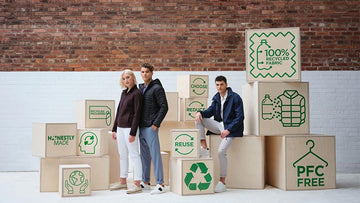
Sustainable Viscose
A popular choice for drapey dresses, tops and scarves. Although man-made, viscose does come from a natural source - cellulose extracted from wood pulp and in the case of the eco version, responsibly managed wood pulp. Fibre maker Lenzing's EcoVera fibre uses a closed loop process, ensuring that all water and chemcals is re-used resulting in 50% less impact than the generic option.
Transparent with their supply chain, Lenzing has been given the EU Ecolabel, a world leading environmental standard that is only given to products or services that have a greatly reduced impact throughout its entire lifecycle.



